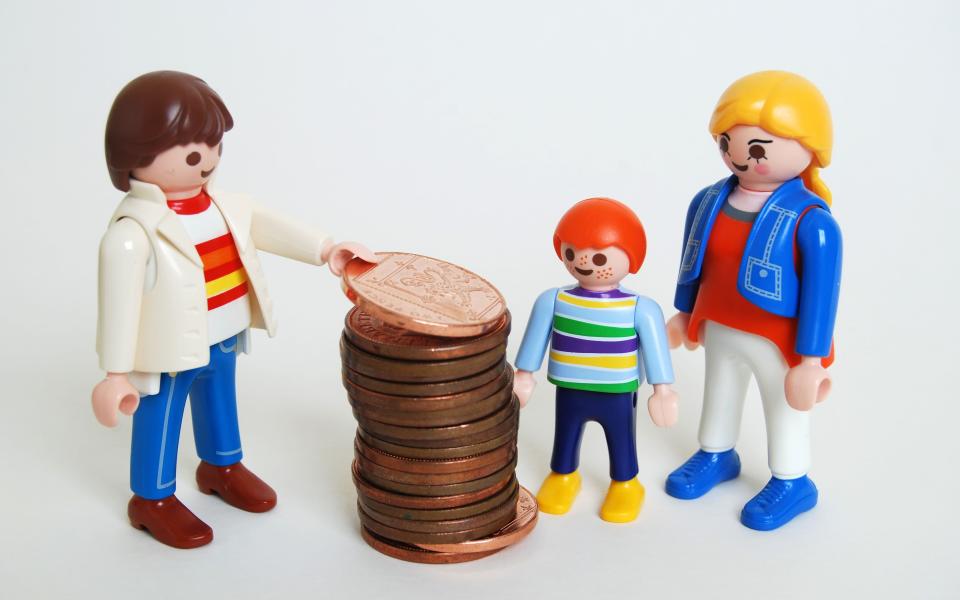Ask an expert: can I transfer shares to my children?

Shares for children I inherited some shares and I want to transfer them into my children’s names, splitting each share holding equally. How can I do this, and will I pay tax?
CR, via email
This question can be split into two parts. Tackling the first part, of transferring the shares to a child, Brian Dennehy of FundExpert, said that this is not possible.
“However, the shares could be sold and the cash used to fund a Junior Isa or a Junior self-invested personal pension or Stakeholder Pension. In these the same shares could be re-purchased, particularly if there is a sentimental attachment, or you could select more diversified funds,” he said.
For the current tax year you can contribute £4,128 into a Junior Isa per child and £3,600 into a child’s pension, after tax relief, so £2,880 before.
Depending on the amount of money we’re talking about, you can use both an Isa and a pension. So, if there are two children the maximum amount that could be put in this year is £14,016 – assuming no previous contributions had been made this tax year.
“If the sums involved exceed £14,016 the balance can be put into an investment account in the name of the parent but ‘designated’ to the child, also called a bare trust. The child becomes fully entitled to this money at age 18,” said Mr Dennehy.
But he warned that as this will not be in a tax-free wrapper, such as an Isa or pension, you need to be aware of tax. He said: “Children have the same tax allowances as adults, however, if the income earned on the investments exceeds £100 per annum it would be taxed as the parent’s income.”
Now for the second part of the question, as to whether the tax is payable by the parent, the answer is yes.
“Because the sale of shares would be classed as a disposal it would be subject to capital gains tax on the gain since the shares were inherited,” he said.
However, no tax is paid on the first £11,300 of gains for this tax year. If the gains are considerable it may be worth considering selling the shares over two tax years, to make the best use of allowances – although this depends on any other investments you may want to sell too.

 Yahoo Finance
Yahoo Finance 